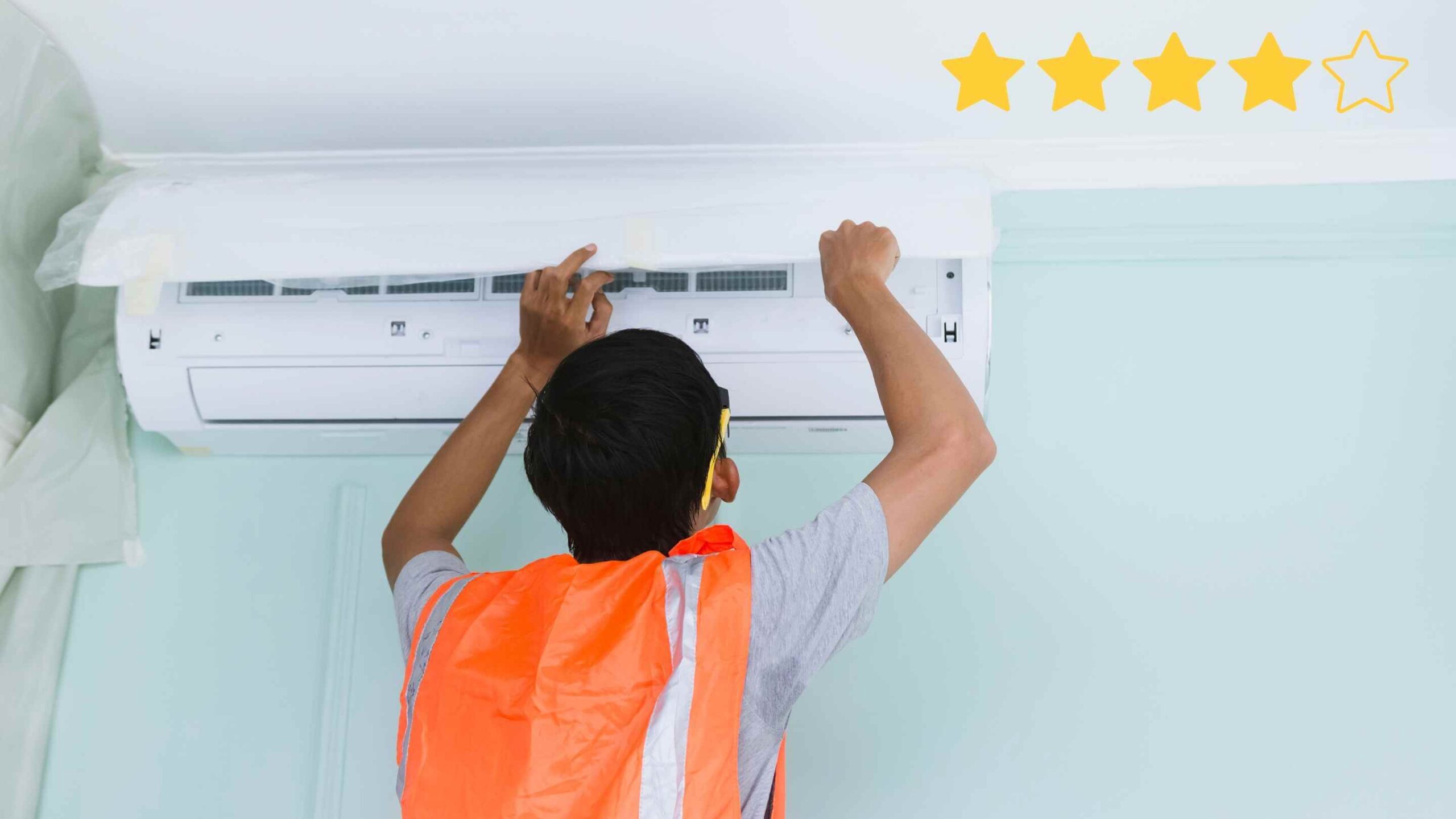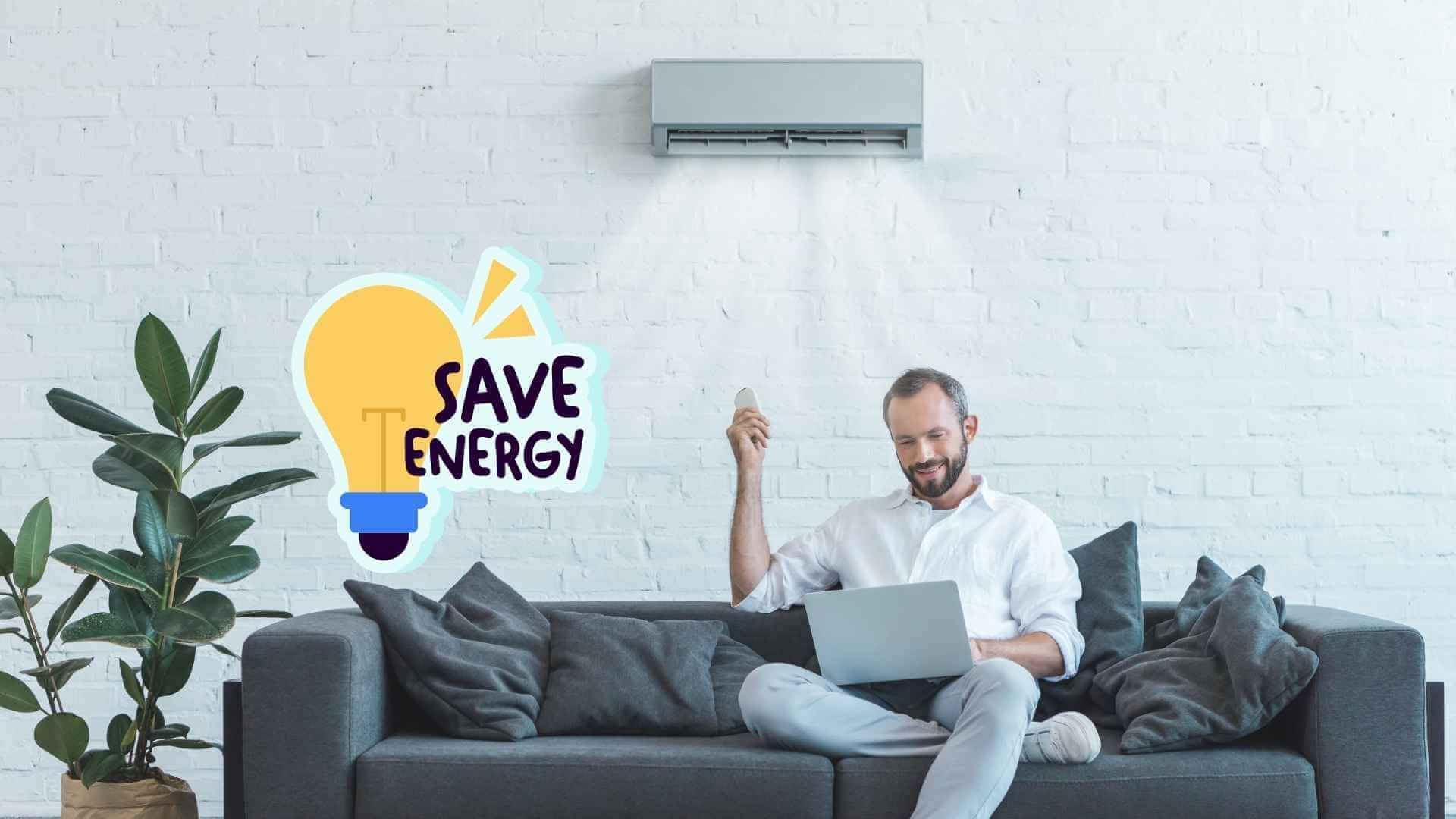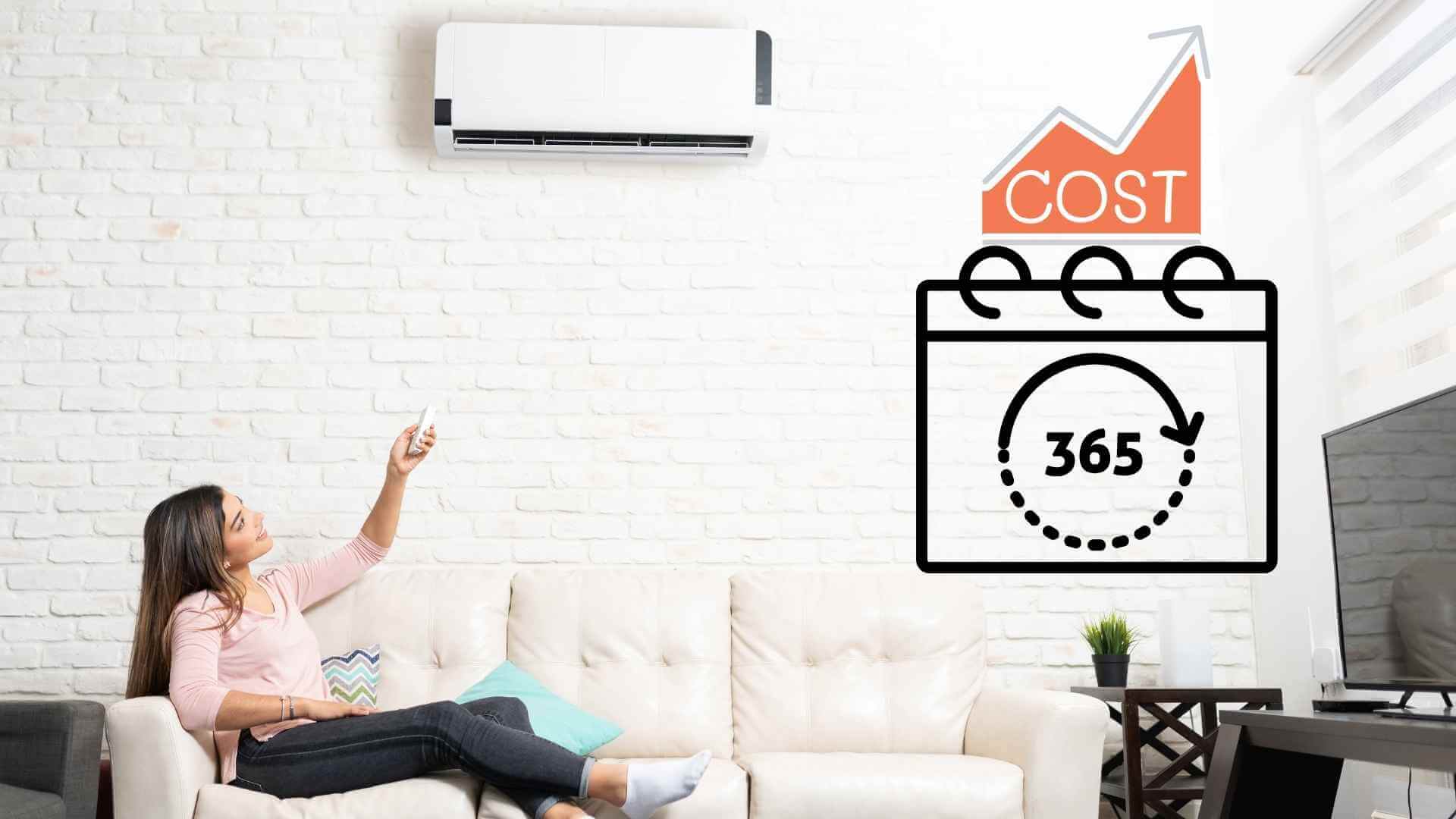Air conditioning (AC) is an essential part of keeping our homes cool and comfortable, especially during the summer months. However, AC units can contribute significantly to electricity bills. In this comprehensive guide, we’ll explore how AC star ratings can impact your monthly electricity costs, delve into energy-efficient air conditioners, and provide useful tips for reducing air conditioning expenses. Armed with this knowledge, you’ll be able to make an informed decision that balances comfort and savings.
Optimize your HVAC systems with our HVAC energy calculator to understand energy consumption and reduce costs.
What Are AC Star Ratings?
AC star ratings are crucial indicators of an air conditioner’s energy efficiency. These ratings typically range from 1 to 5 stars, with each star representing the energy efficiency of an AC unit. The more stars an air conditioner has, the more efficient it is, which means it will consume less power to achieve the same level of cooling.
The energy efficiency of an AC is measured using Seasonal Energy Efficiency Ratio (SEER) or Indian Seasonal Energy Efficiency Ratio (ISEER) in certain regions.
SEER vs ISEER
- SEER: The ratio of the total cooling output (in BTUs) divided by the total energy input (in watt-hours) during a typical cooling season.
- ISEER: A similar metric used in India, accounting for local climate and usage patterns.
The higher the star rating, the higher the SEER or ISEER, indicating a more energy-efficient cooling system that uses less electricity consumption for the same cooling effect.
How AC Star Ratings Influence Your Electricity Bill
Understanding AC Power Usage and Energy Consumption
When you buy an air conditioner, the star rating will give you a clear picture of how much energy the unit will consume. Here’s a basic example comparing different star ratings and their electricity consumption per hour:
| AC Star Rating | Average Power Consumption (kWh/hour) | Monthly Consumption (kWh) |
|---|---|---|
| 1 Star | 1.8 kWh | 432 kWh |
| 3 Star | 1.4 kWh | 336 kWh |
| 5 Star | 1.0 kWh | 240 kWh |
Assuming 8 hours of daily usage for 30 days, a 5-star AC uses 96 kWh less power than a 3-star unit, which translates to a noticeable reduction in annual energy usage.
Annual Energy Usage Estimation
Let’s break down the savings:
- 3-Star AC: 1.4 kWh × 8 hours/day × 30 days = 336 kWh/month
- 5-Star AC: 1.0 kWh × 8 hours/day × 30 days = 240 kWh/month
Over one year, that’s a saving of 96 kWh/month or 1,152 kWh/year.
At an average electricity cost of $0.12 per kWh, this leads to an annual electricity bill reduction of about $138.24.
The Importance of Energy-Efficient Air Conditioners
Choosing an energy-efficient air conditioner is one of the most effective strategies for reducing air conditioning running costs. The long-term savings on electricity bills can make up for the initial higher cost of the unit. Plus, energy-efficient AC units help reduce air conditioning energy consumption, which is beneficial not only for your wallet but also for the environment.
How Higher Star Ratings Save Money
An energy-efficient air conditioner with a higher star rating uses less electricity per hour and provides the same or better cooling than a lower-rated model. By choosing high-rated AC models, you’re investing in a system that minimizes electricity consumption and enhances HVAC efficiency.
AC Efficiency Comparison
- Low-Rated AC Units: These units typically have lower energy efficiency and consume more kilowatt-hour (kWh) to cool a room.
- High-Rated AC Models: These energy-saving appliances are designed to provide maximum cooling with minimal electricity consumption, leading to lower electricity bills.
Factors That Affect Your AC’s Energy Usage
While AC star ratings are important, other factors can influence your air conditioning expenses. These include:
- Room Size: Larger rooms need more cooling, which leads to higher cooling system ratings and energy consumption.
- Insulation: Well-insulated homes retain cool air more efficiently, reducing the workload on your AC unit and lowering energy consumption.
- Outdoor Temperature: Hotter external temperatures cause the AC to work harder, increasing air conditioner power usage.
- Usage Patterns: Frequent use, especially during peak summer months, can drive up annual energy usage and air conditioning operating costs.
Benefits of Energy-Efficient ACs
Opting for an energy-efficient AC unit with a high HVAC star rating offers several benefits:
1. Cost Savings
By choosing a more energy-efficient cooling system, you can lower your monthly electricity bills. Over time, this can amount to significant savings on energy consumption in summer, especially in regions with high electricity rates.
2. Reduced Environmental Impact
An energy-efficient air conditioner helps reduce your carbon footprint by consuming less electricity. As more people adopt energy-efficient air conditioners, the overall demand for electricity decreases, contributing to a reduction in energy-related greenhouse gas emissions.
3. Long-Term Investment
Although high energy star ratings often come with a higher upfront cost, the long-term cost-saving tips and lower energy bill reduction strategies offset the initial expense.
Practical Tips for Reducing Electricity Bills with AC
There are many ways to maximize the efficiency of your air conditioning unit:
1. Set Thermostat Smartly
The ideal temperature for your AC is 78°F (25.5°C) when you’re at home and 85°F (29.5°C) when you’re away. Every degree above this increases your cooling costs by around 6-8%.
2. Use Fans in Conjunction with AC
Using ceiling fans or portable fans helps circulate cool air and enables you to set the thermostat higher, thus reducing the load on your air conditioner.
3. Regular Maintenance
Clean or replace filters every 1-3 months to ensure proper airflow and reduce the strain on your AC unit. Additionally, ensure that the coils and cooling fins are clean and free of debris.
4. Seal Leaks
Ensure that your windows, doors, and ducts are properly sealed. Air leaks can significantly increase air conditioner operating costs, as the cool air escapes and your unit works harder to maintain the desired temperature.
Energy Bill Estimation: A Closer Look
To better understand how AC star ratings affect your electricity bills, let’s take a look at a detailed energy bill estimation for a typical 5-Star AC unit.
| Parameters | Details |
|---|---|
| Cooling Duration | 8 hours/day for 30 days |
| Power Consumption | 1.0 kWh per hour |
| Monthly Energy Usage | 240 kWh |
| Average Electricity Cost | $0.12 per kWh |
| Monthly Electricity Bill | 240 kWh × $0.12 = $28.80 |
By upgrading from a 3-star to a 5-star AC, your savings could be significant, especially if you operate the unit frequently during the summer months.
Conclusion: The Impact of Star Ratings on Your Energy Bill
Choosing the right air conditioning unit based on AC star ratings is a powerful way to reduce your electricity consumption and cooling costs. The higher the star rating, the less energy your AC will use, leading to lower electricity bills and reduced air conditioning expenses.
By understanding energy-efficient cooling systems, implementing cost-saving strategies, and choosing a unit with a high HVAC star rating, you can enjoy a cool home without the hefty electricity bill.
For more information on reducing electricity bills and choosing energy-efficient appliances, check out resources from trusted organizations like Energy Star. Wondering how much it costs to run your AC? Check out our cooling cost estimator for a simple way to calculate your energy usage.



